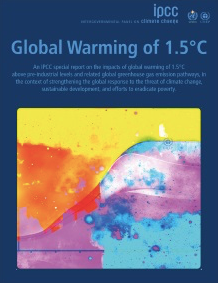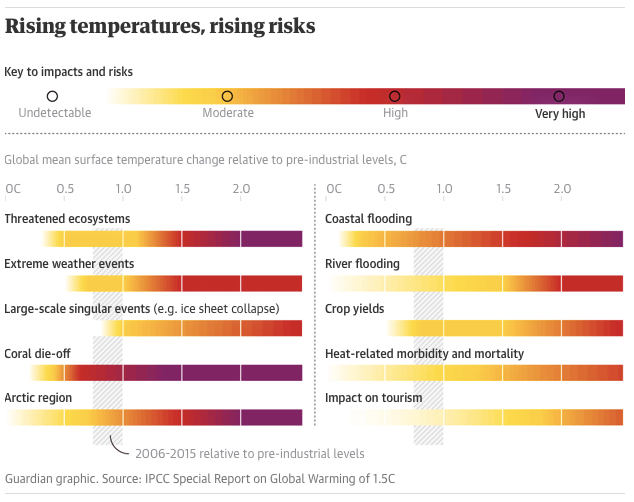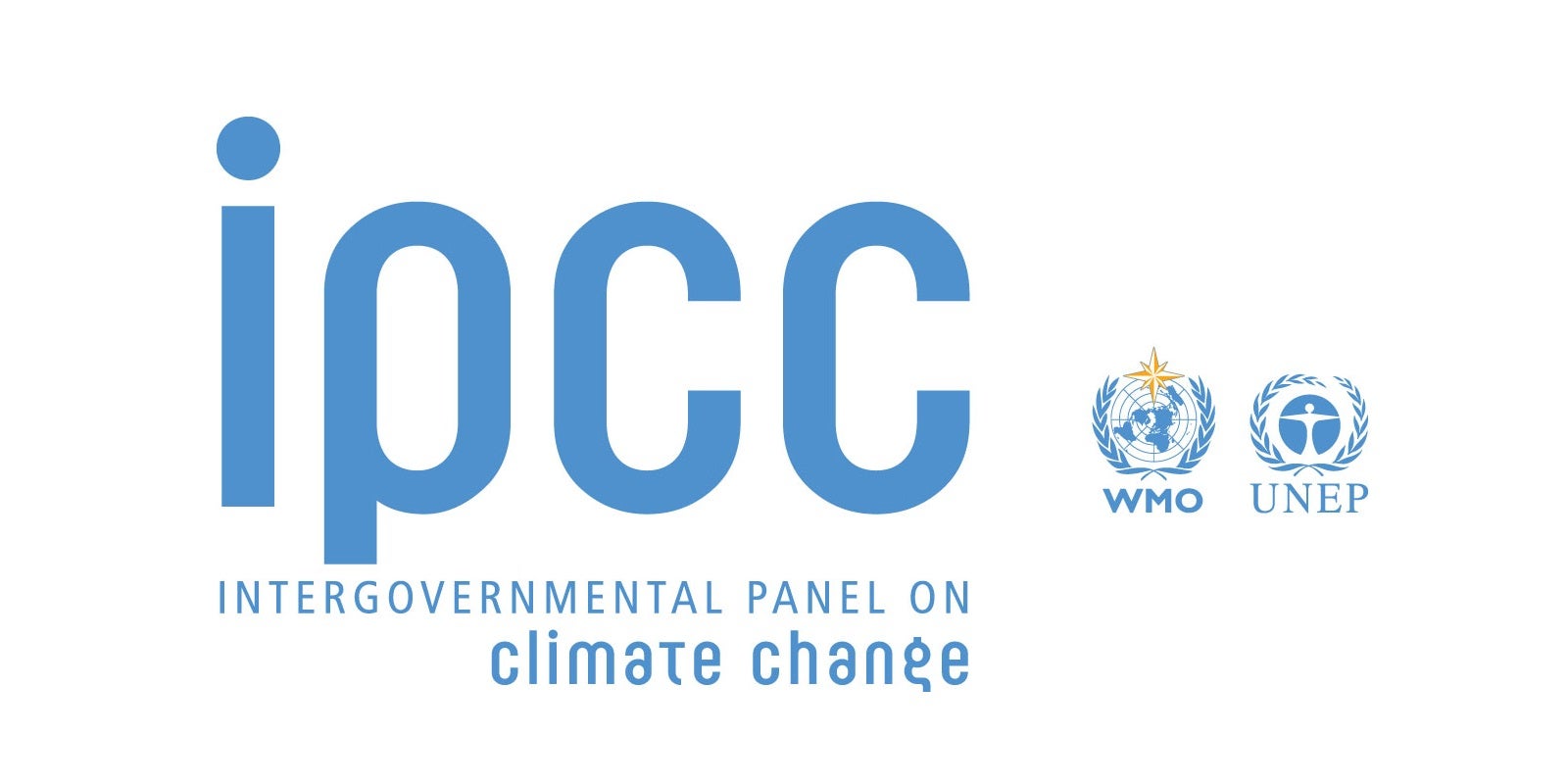The Intergovernmental Panel on Climate Change has issued a special report on the impacts of global warming of 1.5°C. The IPCC, a group of scientists convened by the United Nations to guide world leaders, explores the detrimental impacts of climate change on the world, such as food shortages, increase in wildfires and a mass die-off of coral reefs, which could take place as soon as 2040.

The report looks at these issues in the context of strengthening the global response to the threat of climate change, sustainable development, and efforts to eradicate poverty.
The report was written and edited by 91 scientists from 40 countries who analyzed more than 6,000 scientific studies. It will be a key scientific input into the Katowice Climate Change Conference in Poland in December, when governments review the Paris Agreement to tackle climate change.
The report found that limiting global warming to 1.5°C would require “rapid and far-reaching” transitions in land, energy, industry, buildings, transport, and cities. Global net human-caused emissions of carbon dioxide (CO2) would need to fall by about 45 percent from 2010 levels by 2030, reaching ‘net zero’ around 2050. This means that any remaining emissions would need to be balanced by removing CO2 from the air. The report concluded that the greenhouse gas reduction pledges put forth under the Paris agreement will not be enough to avoid 3.6 degrees of warming.
“Limiting global warming to 1.5°C compared with 2°C would reduce challenging impacts on ecosystems, human health and well-being, making it easier to achieve the United Nations Sustainable Development Goals,” said Priyardarshi Shukla, Co-Chair of IPCC Working Group III.

Sources:
New York Times; The Guardian; Press Release; IPCC
What is the IPCC?

The Intergovernmental Panel on Climate Change (IPCC) is the UN body for assessing the science related to climate change. It was established by the United Nations Environment Programme (UN Environment) and the World Meteorological Organization (WMO) in 1988 to provide policymakers with regular scientific assessments concerning climate change, its implications and potential future risks, as well as to put forward adaptation and mitigation strategies. It has 195 member states.
*8 members of the Interdisciplinary Centre on Climate Change, at the University of Waterloo, have been contributing authors to the IPCC reports.
Urgenda victory in Dutch appeals court
Dutch Appeal Court upholds lower court ruling in favour of Urgenda, requiring the government to do more to achieve its GHG emission reductions.
“Limiting global warming to 1.5°C compared with 2°C would reduce challenging impacts on ecosystems, human health and well-being, making it easier to achieve the United Nations Sustainable Development Goals,” said Priyardarshi Shukla, Co-Chair of IPCC Working Group III.
The 2015 Urgenda Climate Case against the Dutch Government was the first in the world in which citizens held their government accountable for contributing to dangerous climate change. On 24 June 2015, the District Court of The Hague ruled the government must cut its greenhouse gas emissions by at least 25% by the end of 2020 (compared to 1990 levels). The ruling required the government to immediately take more effective action on climate change.